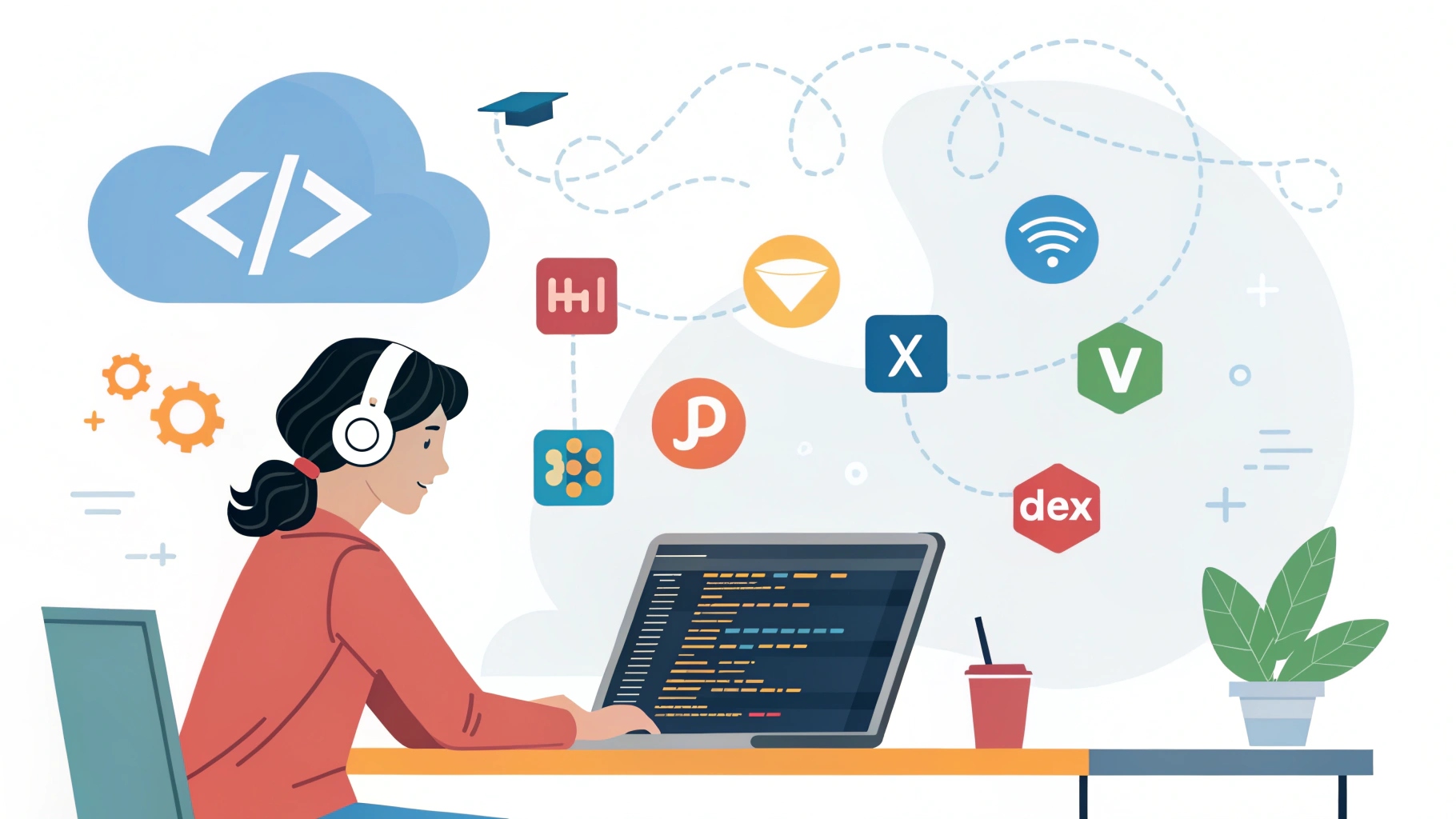The UPSC Civil Services Examination (CSE) is one of the most prestigious and competitive exams in India. Every year, lakhs of aspirants appear for it, but only a few hundred make it to the final list. While many opt for coaching institutes, a growing number of successful candidates are now clearing UPSC without any coaching. With the right strategy, discipline, and resources, it is absolutely possible to prepare for UPSC from home.
- 1. Understand the UPSC Exam Structure
- 2. Start with the Right Syllabus and Previous Year Papers
- 3. Choose the Right Study Material
- 4. Make a Realistic and Consistent Study Plan
- 5. Read Newspapers and Stay Updated
- 6. Practice Answer Writing and Mock Tests
- 7. Revise Multiple Times
- 8. Use Free Online Resources
- 9. Stay Motivated and Track Progress
- 10. Take Care of Your Health and Mind
- FAQs
- Can I clear UPSC without any coaching?
- How many hours should I study daily?
- What is the best time to start UPSC preparation?
- How to stay motivated without coaching?
- Conclusion
1. Understand the UPSC Exam Structure
Before starting your preparation, you must clearly understand the three stages of the UPSC exam: Prelims (objective-type), Mains (descriptive), and the Interview (personality test). Knowing the structure helps you plan subject-wise preparation with clear timelines.
2. Start with the Right Syllabus and Previous Year Papers
Download and print the UPSC syllabus for both Prelims and Mains — it will be your guiding light. Alongside, analyze previous years’ question papers (at least past 5–10 years) to understand question patterns, important topics, and the depth of questions. This step alone helps you avoid wasting time on irrelevant topics.
3. Choose the Right Study Material
Self-study success depends heavily on quality study material. Avoid too many books — stick to standard sources like Laxmikanth for Polity, Spectrum for Modern History, GC Leong for Geography, Sanjeev Verma and Economic Survey for Economy, Shankar IAS for Environment, and NCERTs for basics. For current affairs, read The Hindu or The Indian Express and follow monthly magazines like Vision IAS or Insights.
4. Make a Realistic and Consistent Study Plan
Without coaching, discipline is your biggest coach. Make a daily, weekly, and monthly study timetable. Divide your preparation into phases: start with NCERTs and basics, move on to advanced topics and answer writing, and end with full revision and mock tests. Use the Pomodoro technique or fixed study blocks to maintain focus.
5. Read Newspapers and Stay Updated
Daily current affairs are crucial for both Prelims and Mains. Read The Hindu or The Indian Express regularly for editorials, government schemes, international affairs, economy, and environmental issues. Make short notes or use digital tools like Evernote or Notion for organizing important points.
6. Practice Answer Writing and Mock Tests
Mains requires good answer-writing skills. Begin writing practice once your GS basics are covered. Use platforms like Insights, IASbaba, or ForumIAS for daily answer writing. For Prelims, attempt full mock tests regularly to improve speed, accuracy, and time management.
7. Revise Multiple Times
Revision is the key to remembering what you’ve studied. Make concise notes, flashcards, or mind maps. Ideally, revise the entire syllabus at least three times before the exam. Follow the 3R method: Read, Revise, Recall.
8. Use Free Online Resources
Several free online platforms offer high-quality UPSC content. YouTube channels like StudyIQ, Unacademy (free classes), and Drishti IAS are excellent. Websites like Insights on India, IASbaba, ClearIAS, and ForumIAS provide daily current affairs, mains questions, and test series — all for free or at low cost.
9. Stay Motivated and Track Progress
Self-study can feel lonely, but tracking your progress weekly keeps you focused. Join Telegram groups, online forums, or peer study groups. Celebrate small wins like completing a subject or scoring well in a mock test. Motivation is built through discipline and routine.
10. Take Care of Your Health and Mind
Your health is your greatest asset. Get enough sleep, eat well, and exercise or meditate daily. Take short breaks between study sessions. Avoid burnout by maintaining balance. A calm, focused mind will outperform a tired, anxious one in both preparation and the interview.
FAQs
Can I clear UPSC without any coaching?
Yes, many toppers have done it. With the right strategy, resources, and dedication, coaching is not necessary.
How many hours should I study daily?
6 to 8 focused hours are enough if you follow a consistent plan. It’s quality, not quantity, that matters.
What is the best time to start UPSC preparation?
Ideally, start 12 to 18 months before the exam. But even with 9–10 months of focused preparation, success is possible.
How to stay motivated without coaching?
Track progress, set small goals, read topper stories, and stay connected with like-minded aspirants online.
Conclusion
Preparing for the UPSC exam without coaching is completely possible — and increasingly common in 2025. With self-discipline, proper planning, the right study material, and smart use of free online resources, you can succeed on your own terms. Start today with clarity and consistency — and you’ll be one step closer to your IAS dream.










